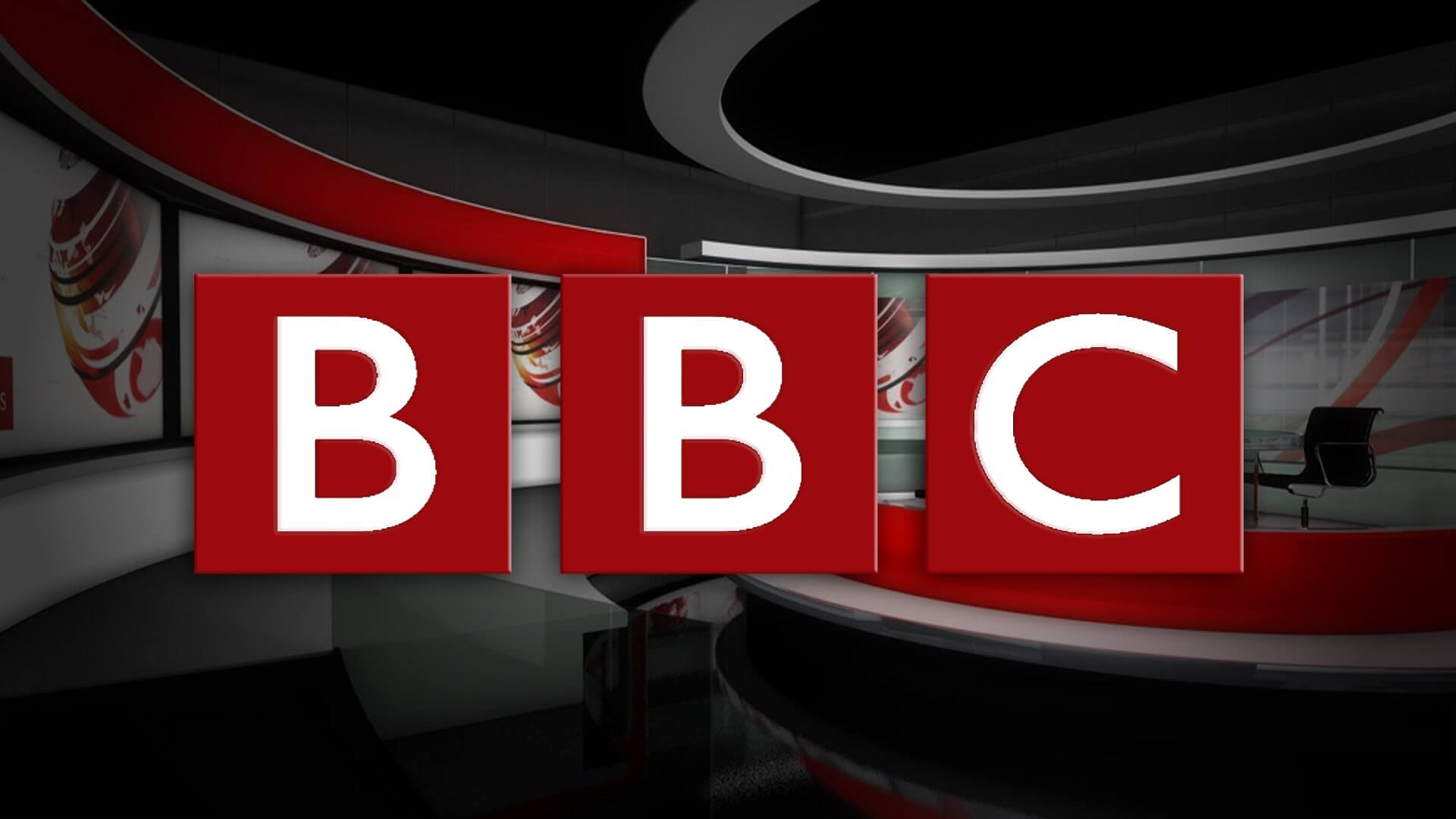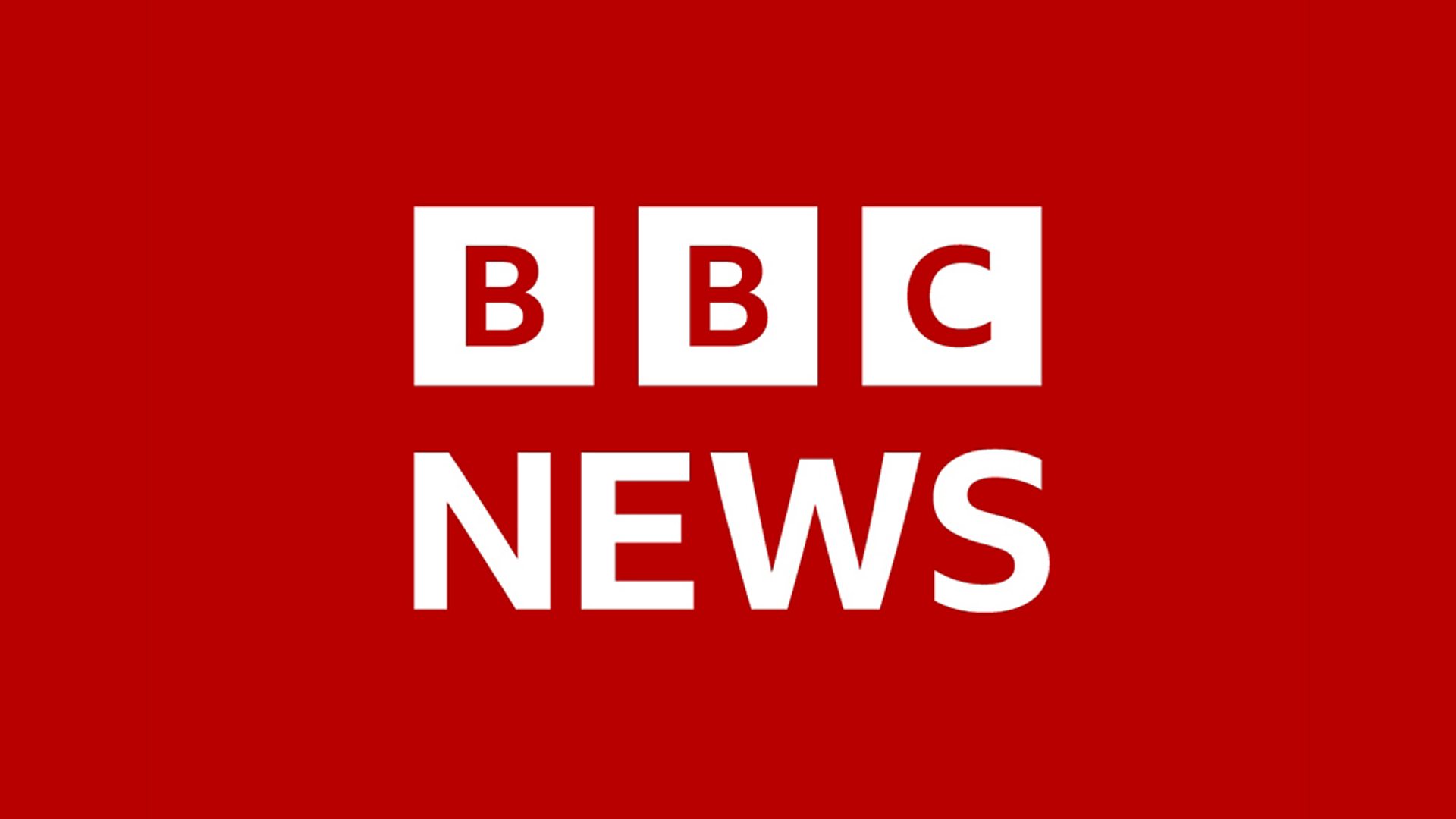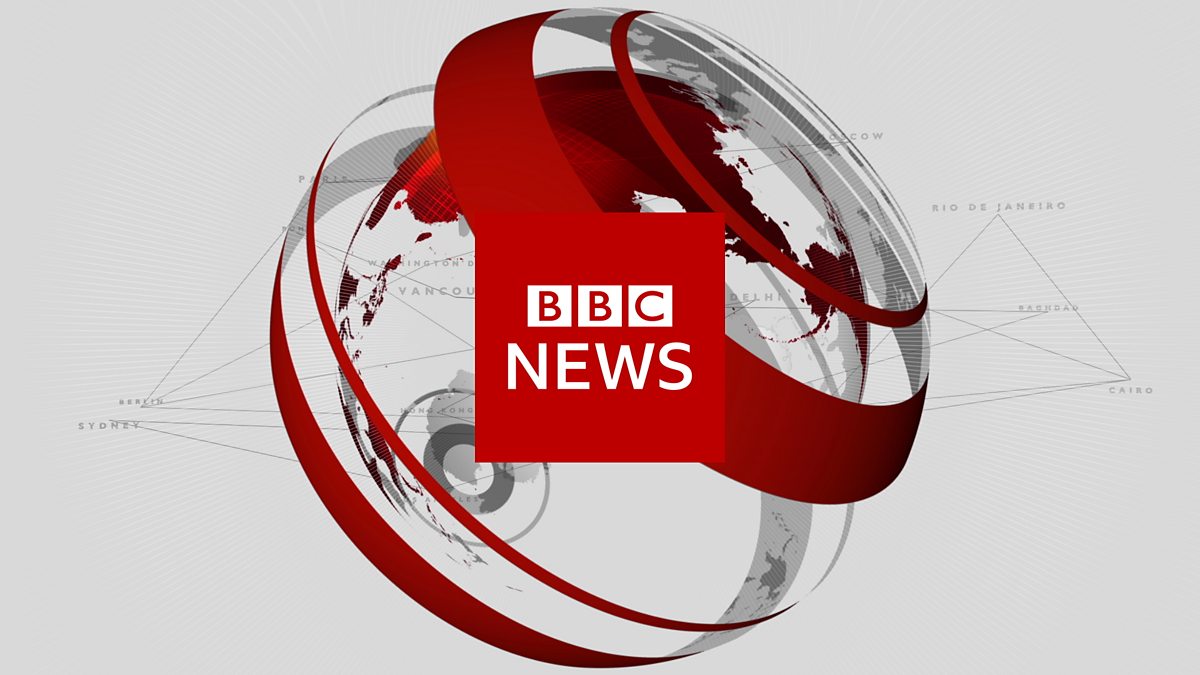Have you ever found yourself listening to a British show, perhaps something from the BBC, and thought, "What on earth did they just say?" It's a rather common experience, wouldn't you say? The British Broadcasting Corporation, often just called the BBC, holds a special place in the hearts of many around the globe, especially when it comes to the English language. So, when we talk about bbc slang, we're really getting into the heart of how people experience genuine British English through a globally recognized source, and that's quite interesting, isn't it?
The BBC, as a matter of fact, is known for a very particular style of English, often seen as a standard or a benchmark for clarity and proper pronunciation. Yet, language is a living thing, isn't it? It's always changing, and it includes all sorts of everyday expressions and informal words that people use in their daily chats. So, understanding how these more casual bits of language fit into the broader picture of what the BBC offers is, in a way, about getting a fuller sense of British culture and how folks truly communicate.
Our journey here will explore how the BBC, with its wide range of programs from serious news reports to engaging documentaries and helpful language learning tools, helps us get a feel for the authentic sounds of British speech. We'll look at how the idea of "bbc slang" connects to the broader world of British English, and how you might, perhaps, pick up some of these everyday terms just by tuning in. It's really about appreciating the richness of spoken language, isn't it?
Table of Contents
- What Does "BBC" Even Mean?
- BBC's Role in Shaping English Language Views
- Unpacking the Idea of "BBC Slang"
- Beyond the News: BBC's Diverse Offerings
- The Evolving Perception of BBC Content
What Does "BBC" Even Mean?
Before we truly get into the specific idea of bbc slang, it's pretty important to clear up what "BBC" itself actually means, because, you know, in the vast world of online talk, this set of letters can have a few different interpretations. Basically, the most widely recognized meaning, and the one we're focusing on here, points to a very well-known media organization.
British Broadcasting Corporation: The Core Meaning
The primary and most widely accepted meaning of "BBC" refers to the British Broadcasting Corporation. This is, you know, the national public service broadcaster of the United Kingdom, and it's recognized across the globe for its news, documentaries, educational programs, and a whole lot more. For many, it's the very first thing that comes to mind when they hear "BBC," and that's fair enough, considering its long history and widespread influence. It's an organization that, in a way, has helped shape how people worldwide perceive British culture and, very importantly, the English language itself.
Other Interpretations in Online Talk
Now, it's worth noting that in the rather vast landscape of internet discussions, "BBC" can, sometimes, take on different meanings depending on the specific context. These other interpretations are usually quite distinct from the media company, and they often relate to specific online communities or subcultures. For instance, in some online spaces, the abbreviation might refer to entirely different concepts that have nothing at all to do with broadcasting. So, it's always a good idea to, you know, consider where you're seeing the term to understand its true meaning. But for our chat today, we're definitely talking about the famous British Broadcasting Corporation, and that's pretty clear, isn't it?
BBC's Role in Shaping English Language Views
The BBC has, for a very long time, been seen as a true standard-bearer for the English language, especially when it comes to the British variety. It's almost as if its broadcasts have set a kind of benchmark for how British English should sound, and that's a powerful thing, really. Many people, particularly those learning English, turn to the BBC precisely because of this reputation for clarity and what's often considered a very pure form of the language. It's a bit like a linguistic compass, pointing to what's considered proper and understandable.
The Pure Sound of British English
When folks talk about the "pure sound" of British English, they're often thinking about the way presenters on BBC news or educational programs speak. This isn't just about accent, you know, but also about the careful choice of words and the way sentences are put together. It's a style that aims for broad understanding, avoiding regional quirks or overly complex jargon that might confuse a global audience. So, for a very long time, the BBC has, in a way, been the gold standard for what many consider to be proper, clear, and universally accessible British English, and that's quite a legacy, isn't it?
Learning English with BBC: A Global Classroom
It's no secret that the BBC offers a truly impressive array of resources for anyone looking to improve their English language skills. Programs like "BBC Learning English" and the incredibly popular "BBC 6 Minute English" are, as a matter of fact, fantastic examples of this commitment. These programs are specifically designed to help learners grasp the nuances of British English, from vocabulary to pronunciation, and they often discuss very current and relevant topics. The "6 Minute English" show, in particular, is often described as presenting the "most authentic pure program" from the BBC, with two hosts chatting about a topic, which, you know, provides a natural, conversational model for learners. This makes it, arguably, a kind of global classroom, offering a chance to hear and learn from what many consider to be truly genuine British speech patterns.
Unpacking the Idea of "BBC Slang"
Now, when we consider the term "bbc slang," it's not really about the BBC itself creating or using a distinct set of slang words in its formal broadcasts. That's not quite how it works, you know. Instead, it's more about how the BBC, through its diverse range of content, exposes its audience to the broader tapestry of British English, which naturally includes informal expressions and everyday speech. It's like, you know, you're getting a window into how people actually talk, not just how they write for a formal report. So, in a way, "bbc slang" points to the informal language you might encounter by simply consuming a lot of BBC content, which is pretty interesting.
The Authenticity Question and Everyday Speech
The BBC, as we've discussed, has a reputation for presenting a very "pure" or "authentic" form of English. But authenticity, you know, in real-world language, often means including the informal bits, the casual phrases, and yes, even the slang that people use in their daily lives. A truly authentic portrayal of a language would, in some respects, include these elements, even if formal news reports tend to avoid them. So, while the BBC might not actively teach "slang," its programs, especially those that feature interviews, dramas, or less formal discussions, are very likely to include examples of everyday speech that listeners can pick up. It's about hearing language in its natural habitat, basically.
How BBC Content Reflects Real-World Language
Think about it: BBC documentaries, for example, often feature real people speaking in their own voices, which means you're going to hear a wide range of accents and, crucially, a variety of conversational styles. These styles will, naturally, include informal words and phrases that are common in British society. Similarly, podcasts and programs like "6 Minute English," while structured for learning, still aim to reflect how people actually talk. They might not explicitly teach you a list of "slang," but by listening to native speakers having a natural conversation, you're almost certainly going to absorb some of these more casual expressions. It's a bit like learning by immersion, you know, just through listening, which is pretty effective.
The Nuances of Conversational English
Understanding "bbc slang" is, in a way, about appreciating the subtle differences between formal, written English and the more relaxed, spoken variety. The BBC, with its vast archive of content, offers a unique opportunity to observe these nuances. You can compare the precise language of a news report with the more relaxed chatter on a radio show, or the dialogue in a drama series. This exposure helps you develop a better ear for context, allowing you to understand when and where certain informal expressions are appropriate. It's not just about knowing words, but knowing how to use them, and the BBC provides a truly rich environment for that kind of learning, wouldn't you say?
Beyond the News: BBC's Diverse Offerings
The BBC is, quite simply, much more than just a news outlet. It's a huge organization that produces an incredibly wide variety of content, covering everything from breathtaking nature documentaries to in-depth historical series and cutting-edge science programs. These different types of content, you know, offer distinct ways to experience the English language, and they can, perhaps, expose you to different facets of British speech, including those informal bits that make up "bbc slang" in a broader sense. It's a truly comprehensive media experience, really.
Documentaries: A Window into Culture and Language
BBC documentaries, which are, frankly, world-renowned, provide a fantastic window into British culture and, by extension, its language. Whether you're watching a natural history series or a historical account, you're often hearing narration from distinguished voices, but also interviews with people from all walks of life. These interviews, in particular, are where you might catch glimpses of more colloquial language, as individuals speak naturally about their experiences. The "My text" even mentions BBC documentaries having three main categories: nature, history and culture, and science. Each of these can, in a way, offer different linguistic insights, showing how language changes depending on the subject and the speaker. It's a really rich source of authentic language, honestly.
Podcasts and 6 Minute English: Casual Chats and Common Phrases
For those interested in the more conversational side of British English, the BBC's podcasts and its "6 Minute English" program are, very arguably, goldmines. As mentioned in the "My text," "BBC 6 Minute English is BBC Learning English's English learning program. This is the most authentic pure program from BBC UK, discussing the most fashionable topics in the world, one episode per week, about 6 minutes per episode, two hosts chat around a topic, very suitable for English." This format, with two hosts having a chat, naturally lends itself to the use of common phrases, idiomatic expressions, and yes, even some informal language that might be considered "slang." It's not a formal lesson in slang, but rather an organic exposure to how people really talk in casual settings, which is pretty useful for anyone wanting to sound more natural. So, you know, these are excellent ways to pick up on everyday speech patterns.
The Evolving Perception of BBC Content
The way people view BBC content, particularly its news reporting, has, you know, seen some changes over time. The "My text" highlights an interesting shift, noting that "截至目前为止BBC已经出了包括“中国制造2025成功”“哪吒横空出世拿下超高票房”“中国空气好于西方国家”的三期不带任何阴间滤镜和阴阳怪气的论调,而是单纯的从正面角度说这些事情." This suggests a move towards more straightforward, positive reporting in certain areas, which is quite a departure from some past perceptions. This evolution in reporting style can, in a way, also influence the kind of language used and how it's received by audiences, and that's worth thinking about.
Shifting Tones: From Skepticism to Positive Views
The "My text" indicates that BBC and other foreign media have, in recent years, paid a lot of attention to the development of Chinese manufacturing, even saying "China Manufacturing 2025 has succeeded." This, you know, reflects a potentially changing tone in how certain topics are covered. When reporting shifts from a more critical or "阴阳怪气" (sarcastic/insinuating) style to a "单纯的从正面角度说这些事情" (simply stating things from a positive angle) approach, the language used will, naturally, become more direct and less nuanced with implied meanings. This might mean less use of subtle, often culturally specific, turns of phrase that could be seen as a form of "slang" or indirect communication. So, in a way, the shift in reporting style also impacts the linguistic experience for the audience, which is pretty significant.
Observing Language in Varied Reporting
This changing approach to reporting, as highlighted in the "My text," offers a unique opportunity for those interested in language to observe how different tones and perspectives influence word choice. When the BBC presents content that is "不带任何阴间滤镜和阴阳怪气的论调" (without any negative filters or sarcastic tones), the language tends to be more factual and descriptive, rather than relying on subtle implications or informal expressions that might convey a particular sentiment. So, by comparing different reports, you can, arguably, see how the language adapts to the message, which is a really fascinating aspect of communication. It's a bit like seeing language in action, you know, responding to different journalistic goals.
Frequently Asked Questions About BBC English and Slang
What kind of English does BBC use?
The BBC generally uses what's often considered a very standard form of British English, aiming for clarity and broad understanding across its global audience. For its news and formal programs, it typically employs a precise and clear style, often referred to as "Received Pronunciation" or a modern, accessible version of it. However, in its diverse range of content, like documentaries, podcasts, and dramas, you will, very often, hear a wider variety of accents and more natural, conversational language, which can include informal expressions and regional variations. So, it's not just one single style, really.
Can I learn slang from BBC?
While the BBC doesn't explicitly teach "slang" in the way a dictionary might, you can, as a matter of fact, pick up on informal expressions and everyday conversational language by regularly consuming its content. Programs like "BBC 6 Minute English" and various podcasts feature natural dialogues between hosts and guests, which often include common British idioms and casual phrases. Documentaries and dramas also present real-world speech patterns. So, by listening attentively, you can, in a way, organically learn how native speakers use informal language in context, which is pretty effective.
Is BBC English the most authentic?
Many people consider the English spoken on BBC programs, especially its learning English resources, to be a very authentic and pure form of British English. The "My text" mentions "BBC 6 Minute English" as the "most authentic pure program" from the BBC. While it represents a highly understandable and widely accepted standard, "authentic" can also mean the varied, everyday speech of people across the UK, which includes many regional accents and informal expressions. So, the BBC provides a truly excellent and widely recognized form of authentic British English, but it's also worth remembering that authenticity in language is, you know, a very broad concept that encompasses many different ways of speaking.
Learn more about British English on our site, and link to this page for further insights.



